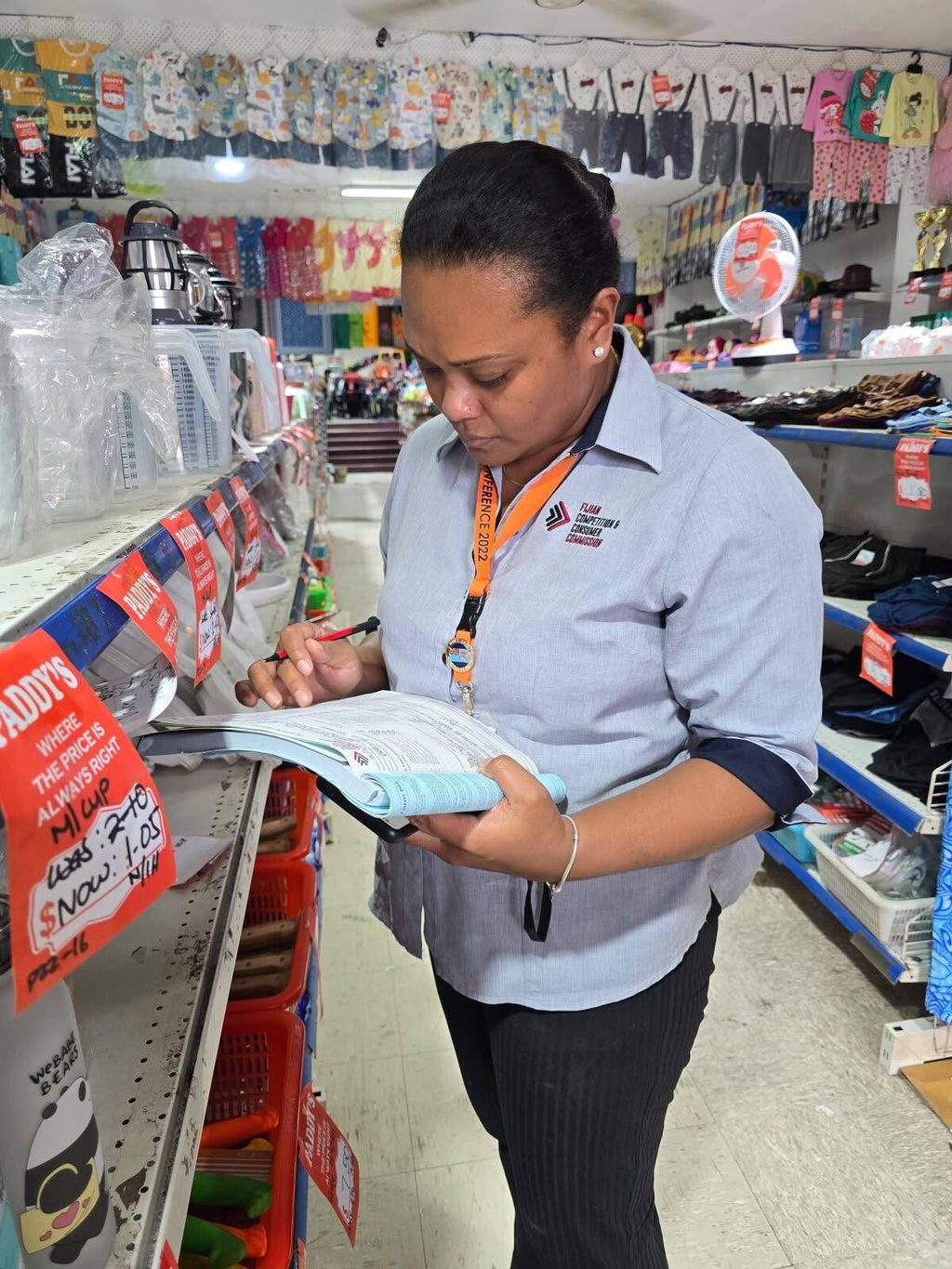Fijian consumers will feel an immediate cut to the cost of living when Value Added Tax (VAT) drops from 15 per cent to 12.5 per cent on 1 August, delivering an estimated $250 million in savings to households and businesses.
The reduction headlines Finance Minister Professor Biman Prasad’s expansionary $4.8 billion Budget, tabled last month under the theme “Building Security, Stability and Prosperity”.
As always the biggest question the everyday Fijian asks is “How will this benefit me?” And rightly so, because the true measure of success for any Budget policy is its ability to positively impact wallets and purses.
Below, we unpack the headline measures, good and bad, from a consumer and taxpayer perspective.
Cheaper grocery basket
The VAT reduction to 12.5 per cent is complemented by the continued zero-VAT treatment on 22 essential items, including rice, flour and medicines. This dual approach is expected to protect low-income families from inflation-driven price hikes.
Additionally, key protein sources will become more affordable due to tariff cuts: the fiscal duty on chicken pieces drops from 32 per cent to 15 per cent, while frozen fish and salmon will now enter the country duty free.
Although tomato sauce duty is halved, a new 5 per cent import excise applies. The extent of relief at the supermarket depends on whether retailers pass these reductions on to consumers.
Public transport, schooling and welfare boosts
Social welfare recipients will see higher payments, and bus fare subsidies are being expanded.
The Budget also allocates $847 million to education, which includes more scholarships and additional support for vulnerable groups.
Civil servants, long overdue for a salary adjustment, will receive a pay rise. This is expected to boost household purchasing power and potentially stimulate demand across local businesses.
Health and infrastructure upgrades
Consumers frustrated by poor public services may welcome the substantial investments in health and infrastructure.
The Ministry of Health receives $465.6 million, including funding for a 100-bed super specialty hospital in Nasinu and planning for a new 703-bed national hospital.
Road conditions should improve with a record $388 million allocated to the Fiji Roads Authority, while $284 million will go toward modernising water networks, addressing long-standing service delivery issues.
Savings on small imports and digital services
Imported gifts or donations valued below $500 will now be completely duty and VAT free.
Additionally, online purchases up to $1,000 will avoid duty and incur only the new 12.5 per cent VAT.
In a move to support digital transactions and environmental goals, e-wallet transactions become VAT exempt, and fringe benefits tax on electric vehicles is reduced, encouraging businesses to opt for greener fleets.
Assurance on pensions
FNPF members can expect a strong 8.75 per cent interest credit, totalling around $700 million, on 30 June. This injection bolsters retirement balances and provides reassurance to savers still recovering from pandemic-era withdrawals.
A bigger debt mountain
The Budget’s generosity comes at a cost. The Government plans to spend $886 million more than it will collect, pushing net debt to $11.7 billion—equivalent to 79.8 per cent of GDP by July 2026.
With significant interest payments being made annually, concerns are mounting over how much funding will remain for essential services.
Economists warn that with growth projections revised down to 3.2 per cent for 2025, any global disruptions to tourism or remittances could have sharp consequences.
Deficit-financed giveaways risk future taxes
The 2.5 percentage point VAT cut alone removes approximately $177 million from Government revenue.
Without significant gains in tax compliance, this shortfall may eventually be filled through new or higher taxes, likely after the next election cycle.
This means the relief felt today could translate into a heavier burden on tomorrow’s taxpayers.
Higher fees and penalties buried in the fine print
Air passengers will face increased Departure Tax, contributing to a projected revenue of $144.6 million.
At the same time, customs warehouses, airfreight stations, and even private aircraft operators will see sharp rises in licensing fees.
From 2026, a suite of compliance measures will come into force, including late payment penalties, a demerit points system, and mandatory VAT Monitoring Systems (VMS) for businesses earning as little as $50,000.
These regulatory burdens are likely to raise operating costs, which could in turn be passed on to consumers.
Selective price rises
While the Budget reduces most food-related duties, it introduces new charges on others.
Snack foods will now face a 15 per cent import excise, up from zero, and tomato sauce will carry an additional 5 per cent levy.
These could lead to noticeable price increases, particularly in certain school lunch items.
Water corporatisation worries
Although the Water Authority of Fiji receives more funding, this comes alongside a policy push to corporatise the utility.
Critics fear this shift could pave the way for full cost recovery measures and eventually lead to higher household water bills.
Consumer protection watchdogs on alert
Acknowledging that tax cuts don’t always translate into lower prices, Government has established a joint enforcement task force.
This group, which includes the Fijian Competition and Consumer Commission (FCCC) and the Consumer Council, will monitor retail pricing and can impose penalties or new controls on businesses engaging in unreasonable mark-ups.
Bottom line
For the average household, the National Budget offers welcome savings at the checkout and on public transport, along with the promise of improved infrastructure and services.
However, the benefits are debt-funded, raising questions about long-term sustainability. The true cost, through higher interest payments, potential new taxes, or cutbacks will likely fall on the very taxpayers benefiting today.
Ultimately, the Budget’s success depends on how effectively businesses, service providers and Government agencies implement the promised savings and reforms—and whether public borrowing can be responsibly managed in the process.
Government MP Lynda Tabuya congratulates Finance Minister Prof Biman Prasad after the Budget announcement in Parliament. Picture: PARLIAMENT OF THE REPUBLIC OF FIJI

In order to ensure VAT and duty reductions are felt by consumers, bodies like the FCCC need to ‘up their game’.
Picture: FCCC/FILE

